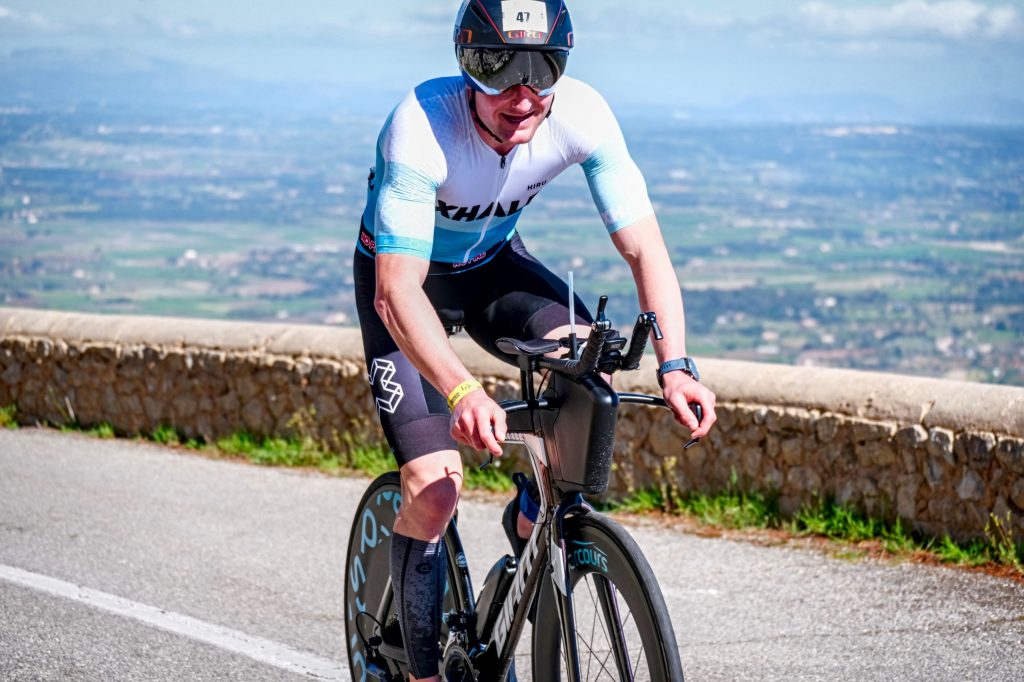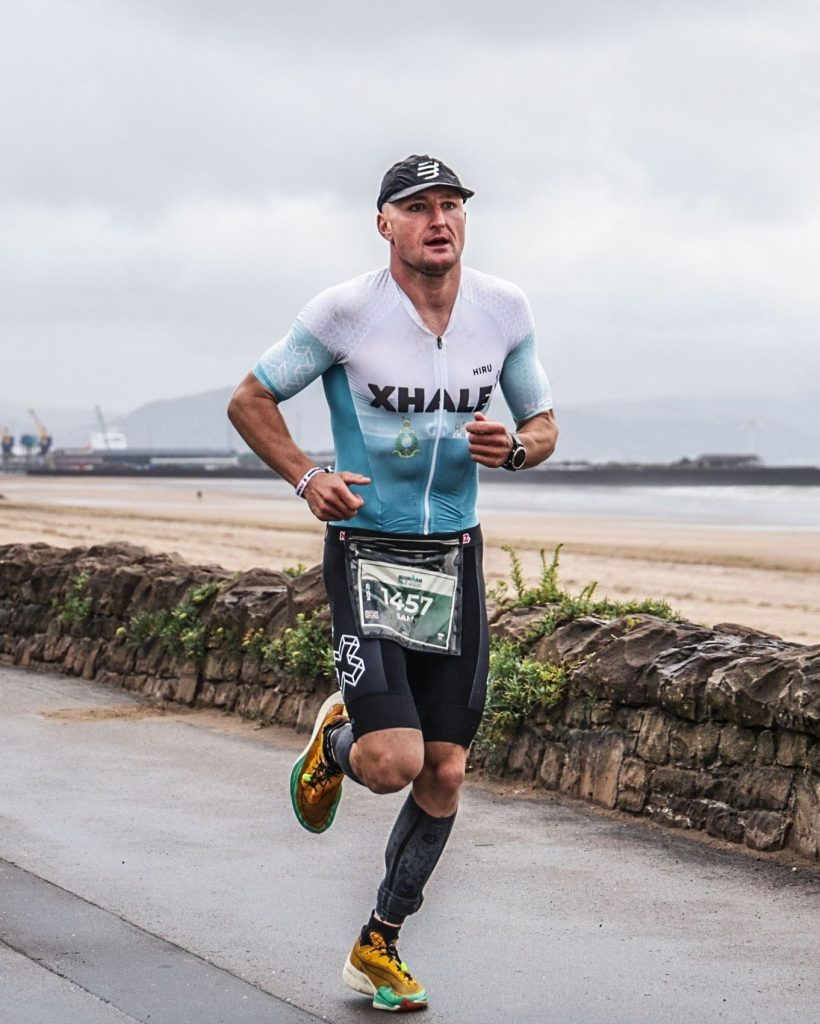Sam Wordley, Sam Wordley Racing
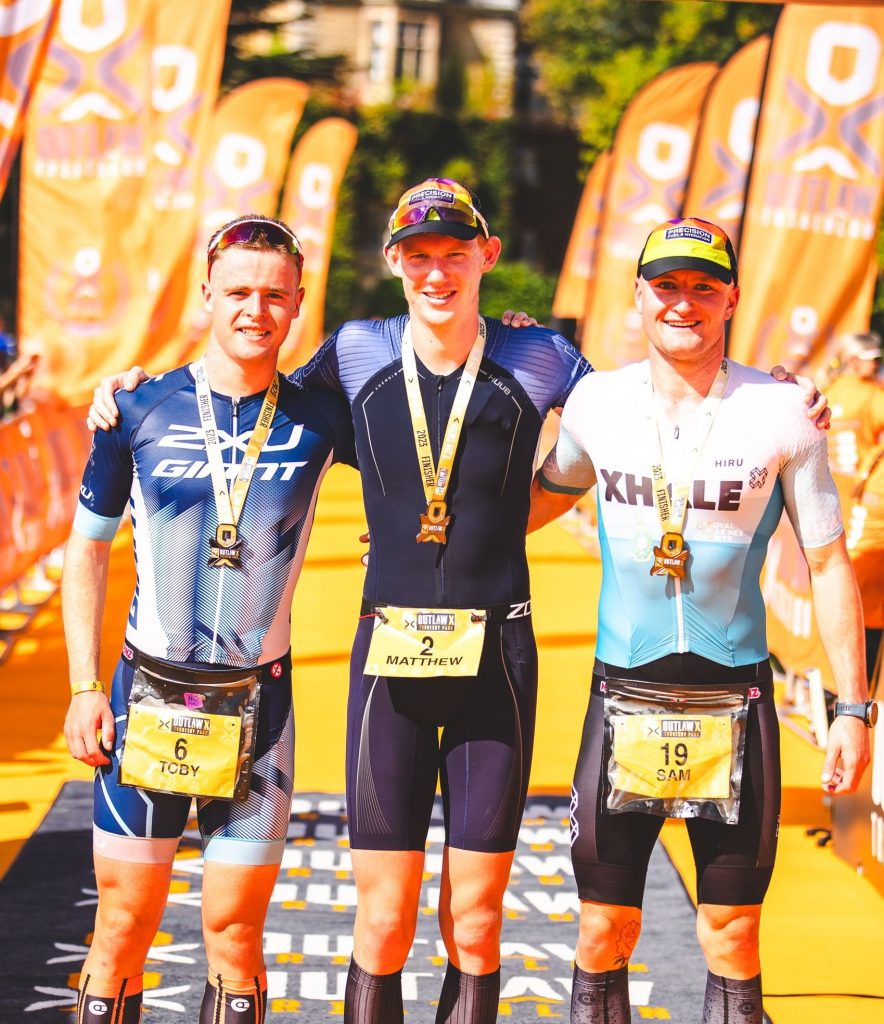
Preparing for a specific race
Triathlon is extremely physically demanding, no matter your level. However, the mental aspect is what separates those who perform to their best from those who bring out the triathlon excuses. The physical preparation to race already demands lots of our time, but investing extra time to mentally prepare as well is essential. Here I am going to look at research and preparation specifically for the race you have chosen. Often overlooked, this is just as important as having strong legs on race day.
Preparing correctly for events could be the difference between you demonstrating all that hard work and early morning training, or coming away with a DNF. Of course, you are aiming to give a true reflection of your dedication and discipline, not to mention the financial and time investment to travel to big races which are often abroad.
It’s a learning curve…
Disclaimer – just because you have prepared to the best of your ability, is not to say that things outside of your control cannot happen during the race. But what you can do is reduce or eliminate all the risks that are within your control.
How to deal with things outside of your control is a whole different topic and one which is not unique to racing triathlon.
For now, we need to focus on what is in our control. Simply put: Do my body and kit currently meet the demands of the event I have just entered?
Most of us book races months if not years in advance. Each race requires different kit, maybe an altered bike set up, nutrition requirement amongst other things. These things depend on the climate, terrain, and length of race. Investigating these things with ample time will make a huge difference. That way you can start adjusting your bike set up or practicing specific race nutrition and heat acclimatisation to suit the environment you plan to race in. Alongside your tailored training plan to get those strong legs!!!
Here are some examples of things that are often overlooked until the last minute or ignored completely.
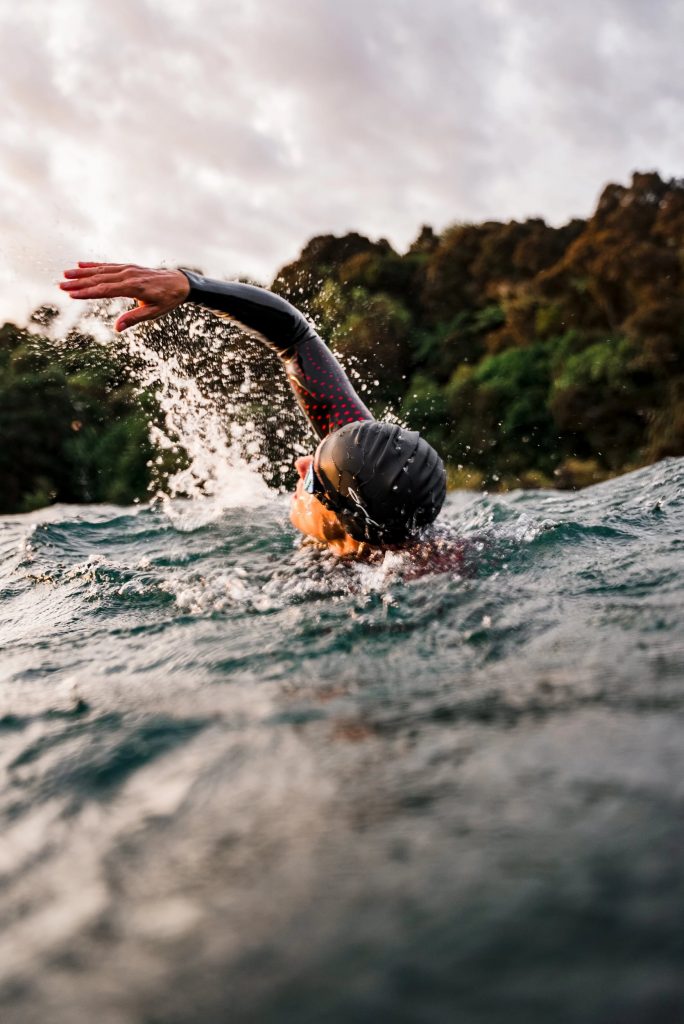
Swim – goggle selection
It sounds like a small thing but it can make or break your swim. Some goggles work well in a calm pool setting, but when you get into swell in a sea swim they may struggle to stay in position and/or leak. For such an easy fix, you really don’t want that time you gained from a full winters worth of swim training trickling away into the ocean. It is also useful to have options with you eg. tinted and non-tinted lenses so you can decide which to use based on the weather conditions on race morning.
Bike set-up
Gear ratios and wheelset choice can depend on the bike course profile. You can usually view the profile on a race website, but these can be deceiving and it is usually better to talk to someone who has done the race before and pick their brains about the terrain. You may then be choosing a 1-by chain ring on the front to tackle a pancake flat course in the Middle East or as many gears as possible if you are racing in Wales just to get up the steep climbs. If you have a choice of wheel set up then the combination of the terrain and likely weather will dictate your options. Again, talk to someone who has done the race and find out how exposed the course is in strong winds, and how long and sustained the climbs are.
Tyres on the wheels you intend to race on should also be checked to make sure they are not damaged or too worn. Buying new tyres might be expensive, but imagine the disappointment of not finishing due to a tyre blow out. If that happens then all the money you have spent anyway is wasted – so they are a worthy investment.
Run shoes…
Picking the type of running shoe to suit an off-road run course or to meet the demands of a Sprint Triathlon or a Full Ironman can also depend on the route. You may choose a more cushioned running trainer without carbon to partner your longer slower pace over the Ironman… or a light and highly responsive shoe such as the Adidas Takumi Sen to propel you to a PB over the 5k.
These are all things you want to cement and practice as far out as possible.
Ultimately, you want to make race week as easy and stress free as you can. Thinking ahead and addressing these decisions early will allow you to relax more in the days before your race.
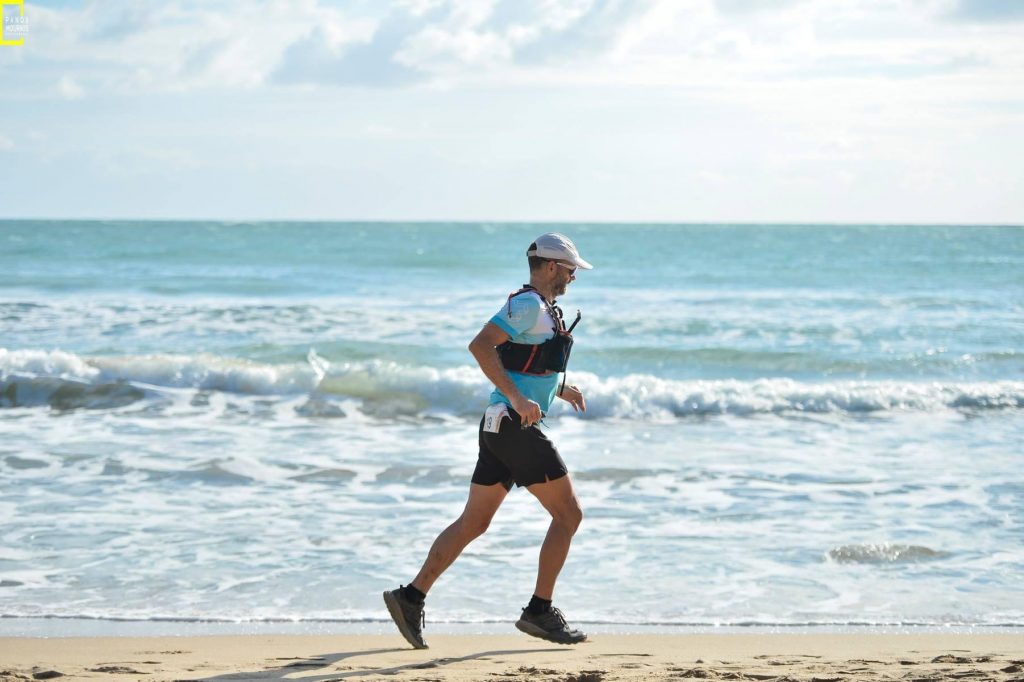
Ultimately, you want to make race week as easy and stress free as you can. Thinking ahead and addressing these decisions early will allow you to relax more in the days before your race.
As you have read, there is great emphasis on preparing your bike for the big day. This is because the bike portion is where things can really go south for you. That is not to say that the Swim and Run preparation is not equally as important – each can put a stop to your race if you have not taken the time to address likely scenarios in preparation.
At least 7 days out from race day I will visualise and plan the whole week from start to finish, from what I am eating the morning of my final brick session, through to arriving home on my driveway after the race. This might include travel timings, race pack information, course recce logistics, kit packing, hotel location in relation to the race start/finish, race nutrition, meal planning, and where to find a beer afterwards (to name the important ones). These all come together to create THE best experience where preparation meets opportunity. It all starts by mentally visualising every single step and making notes where necessary.
Once all your shit’s in one sock and you’re at the hotel a few days before the race, that is when you can relax and enjoy the experience. At this stage what I like to do is look over all the training and work I have logged onto the Xhale platform in preparation for the race. Affirming that preparation not only gets me amped for a successful race day, but it also reminds me how specifically prepared I am. If you take time to do the research and specific training and kit selection, then you too can feel prepared to meet the demands of that choppy sea swim, that pancake flat bike course or that off road and hilly run route. This will lend you masses of confidence the week before the race. If, on the other hand, the race information has been a surprise to you when you read the race pack 7 days before, you will only feel ill prepared and likely full of anxiety. The key to having good energy on race day is lowering that pre-race anxiety as much as possible through controlling those things that you can control.
If you need any specific advice on preparing to meet the demands of a particular bike course or event, then drop me an email and I will endeavour to guide you or point you to someone with the correct expertise.
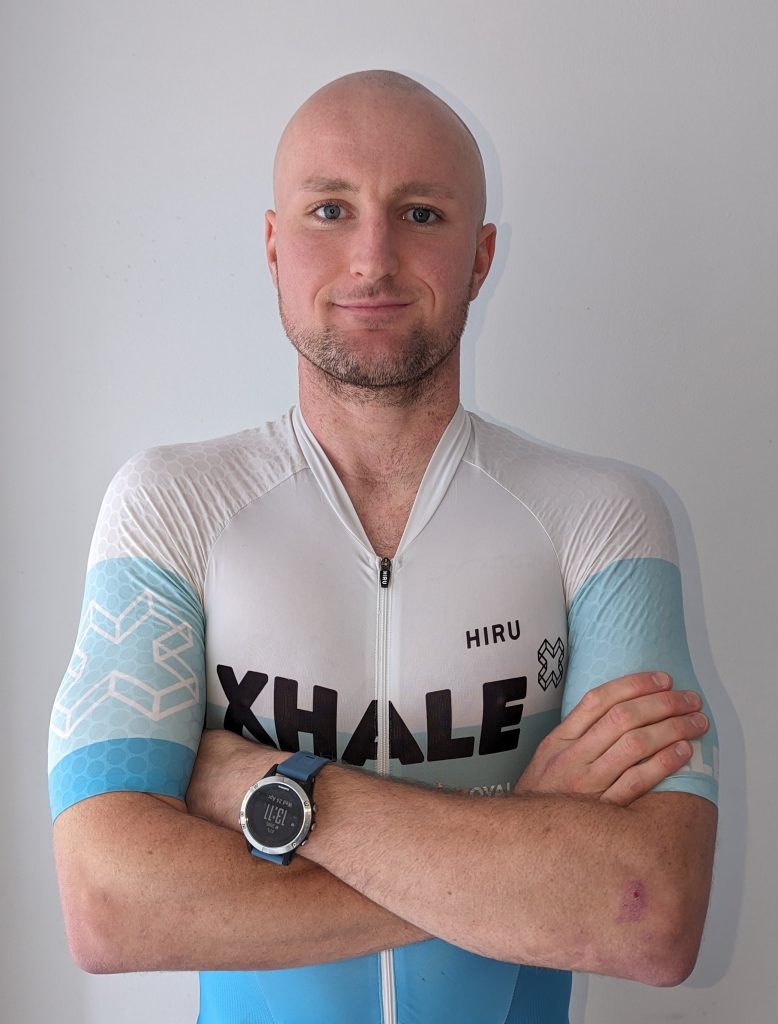
About the author
Sam Wordley has been competitive in endurance sports since he was a child. Raised in North Devon, he spent his early years doing Surf Life Saving, competing in Elite Youth Triathlon and National Cross Country Running. He then went on to compete for Great Britain in Water Polo during his teen years before returning to triathlon.
Sam now races Elite Middle Distance Triathlon for Train Xhale and The Royal Marines.
Want your content featured?
If you would like to input to our Coaches’ Hub – or there is a topic you would like us to write about – why not send us your ideas? We are always looking for good content and it helps to promote your business.
Email: caroline@trainxhale.com

